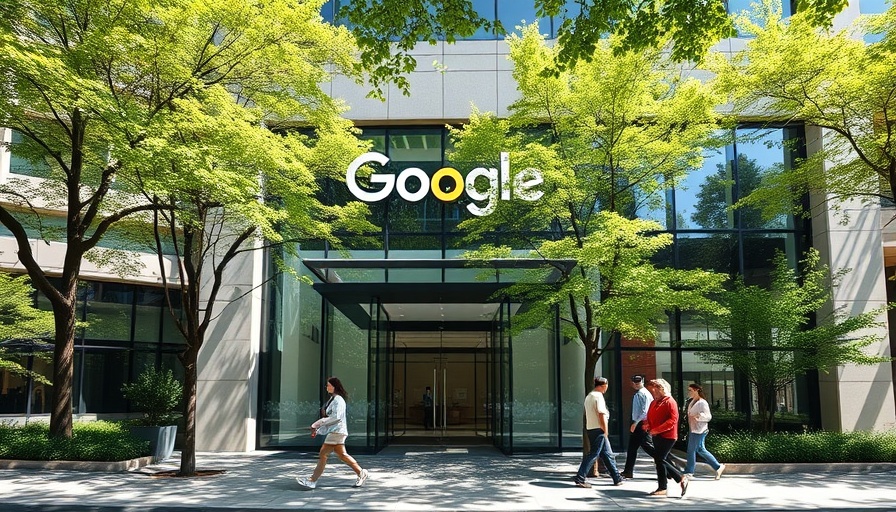
The Anatomy of Google's Ad Tech Monopoly
In a landmark ruling, a federal judge has deemed Google a monopolist in the online advertising landscape. This case, which highlights the intricacies of Google's extensive advertising mechanism, signifies a critical juncture not only for the company but also for consumers. The judge's findings underline how Google’s practices may have hindered competition and restricted choices for publishers and consumers alike. Judge Leonie Brinkema emphasized that Google's actions have 'substantially harmed' the integrity of the competitive process.
The Implications for Digital Advertising
The ruling suggests significant implications for the future of online advertising. With Google generating nearly $30.4 billion globally from ad placements, any potential penalties following this judicial decision could necessitate substantial adjustments to its ad tech framework. As a consequence, users could experience a browsing landscape characterized by fewer intrusive ads and more diverse content, a promising prospect in the current digital ecosystem dominated by a few key players.
Understanding Antitrust Law in the Digital Age
The case brings to light the relevance of antitrust laws, particularly the Sherman Act, in navigating today’s tech-driven marketplace. Section 2 of this act was at the center of the court's considerations, determining that Google had unlawfully maintained monopoly power in certain aspects of display advertising. This legal framework seeks to ensure competition and prevent any single entity from unduly influencing a market, an essential principle amid rising concerns over data privacy and ethical AI usage.
Resistance and Future Strategies
Despite the ruling, Google intends to appeal, showcasing the resilience of major tech firms amidst regulatory scrutiny. The company highlighted that claims regarding its advertiser tools did not hold, suggesting confidence in its strategy moving forward. However, this appeal could be just as crucial for the broader concern over consumer rights and the ethical deployment of technology. Understanding the dialogue between technology regulation and innovation is vital as stakeholders strategize for a more equitable digital future.
Staying Informed for Ethical Awareness
For consumers, business owners, and tech enthusiasts, remaining informed about such significant rulings is essential. As technology evolves, so do the challenges associated with its governance. Engaging in discussions regarding AI ethics, data privacy, and regulatory compliance will empower individuals to navigate the complex digital ecosystem effectively.
As this situation develops, it's crucial for everyone affected to prioritize staying educated about legal and ethical changes in the industry. Knowledge is a powerful tool in advocating for a fair digital space.
 Add Row
Add Row  Add
Add 




Write A Comment